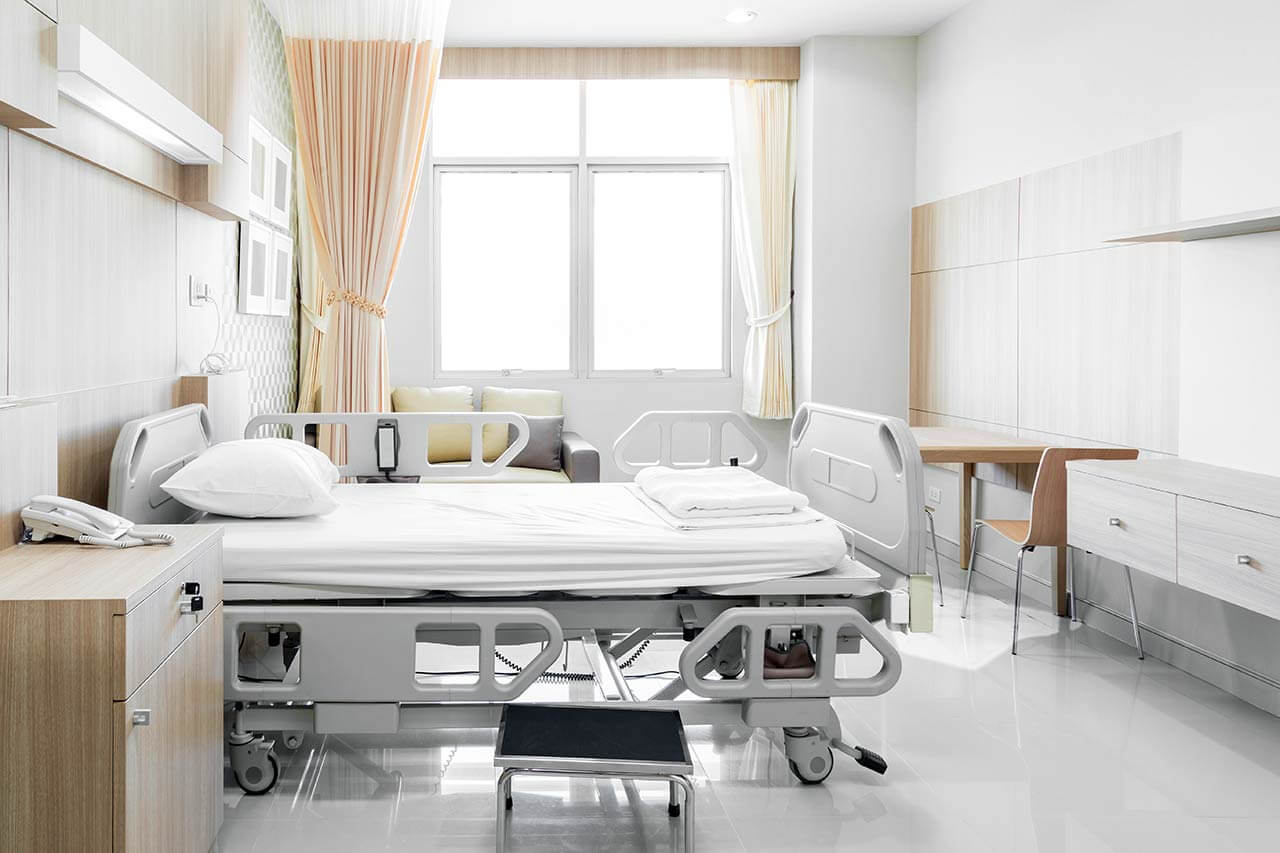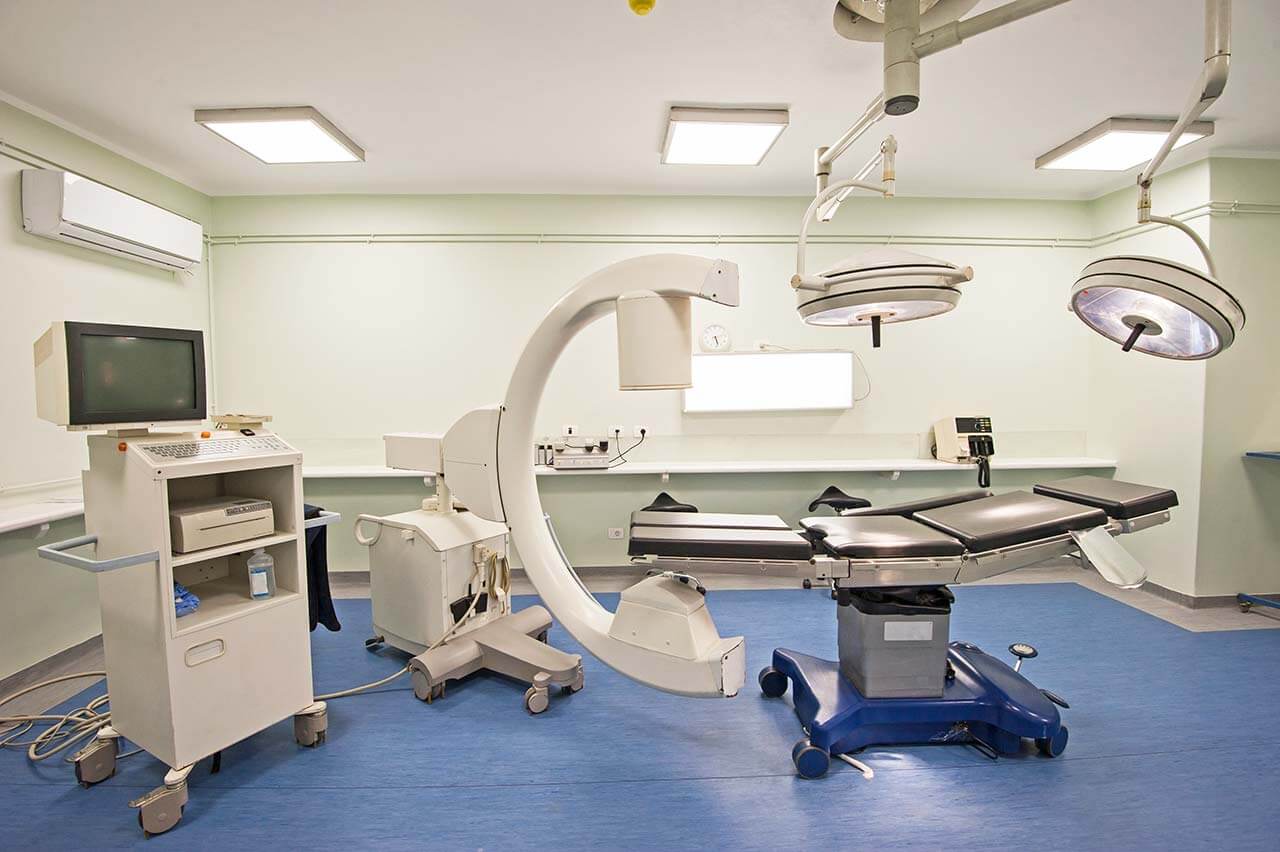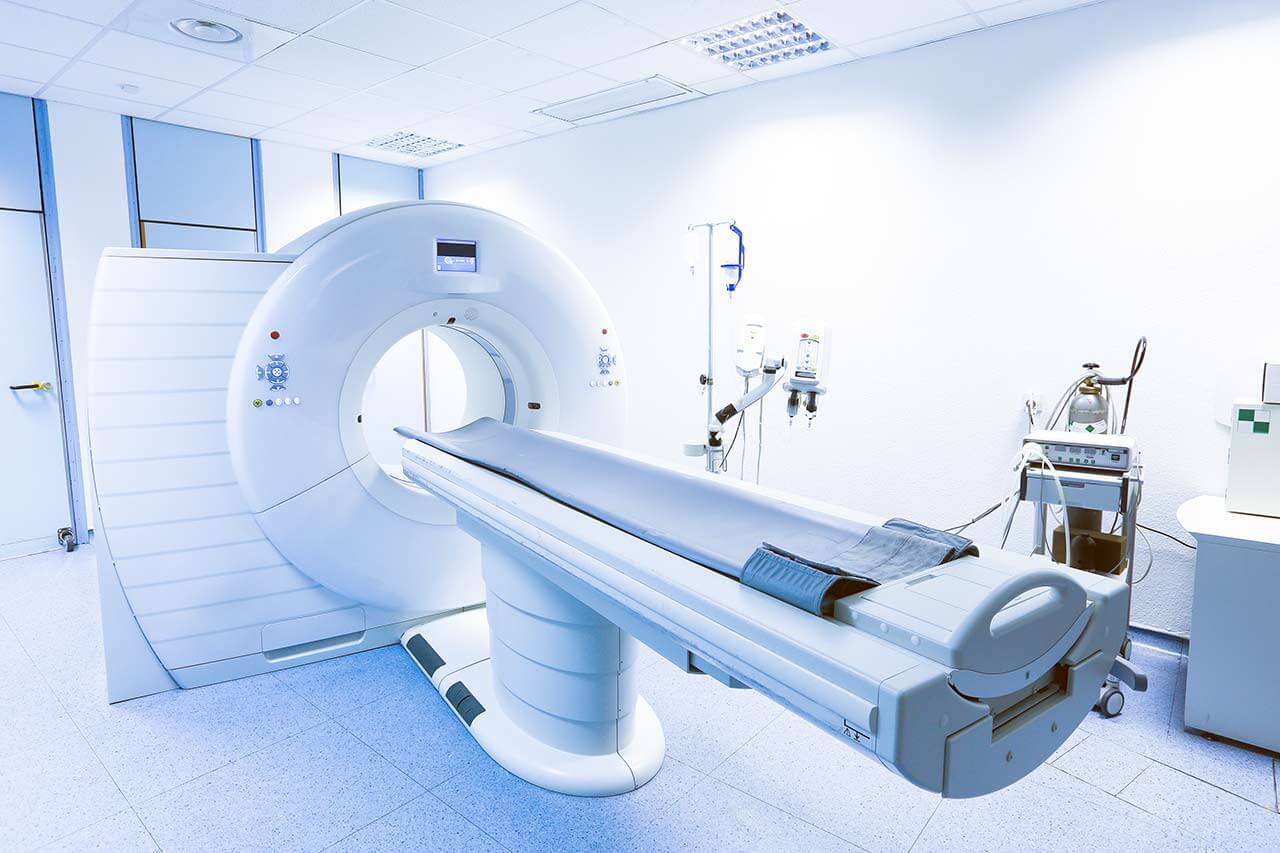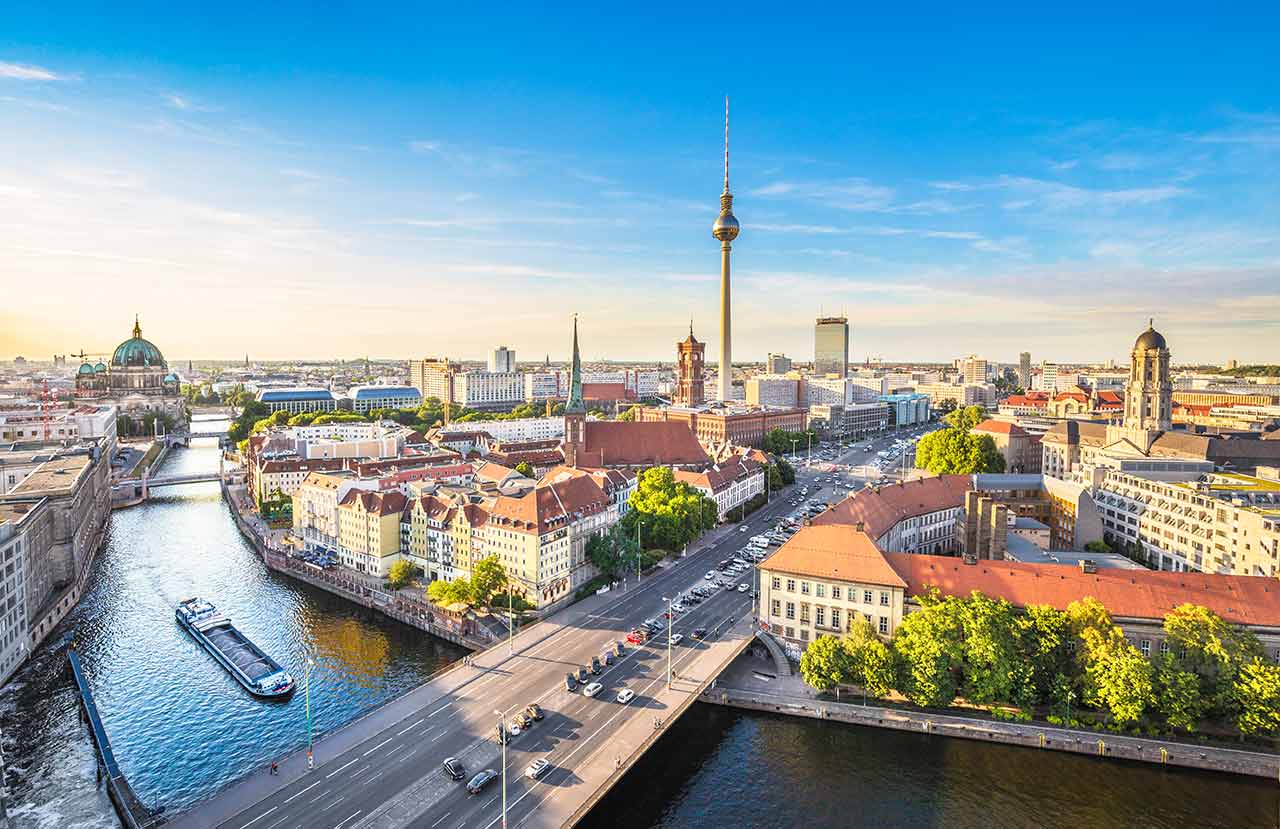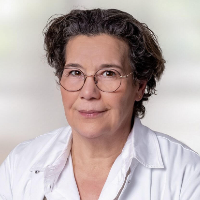
The program includes:
- Initial presentation in the clinic
- clinical history taking
- review of medical records
- physical examination
- ultrasound of the skin
- microscopic examination of the skin
- punch, excisional or incisional biopsy of the tumor
- histological and immunohistochemical study
- nursing services
- consultation of related specialists
- treatment by chief physician and all leading experts
- explanation of individual treatment plan
Required documents
- Medical records
- Biopsy results (if available)
Service
You may also book:
 BookingHealth Price from:
BookingHealth Price from:
About the department
The Department of Dermatology and Allergology at the Helios Hospital Berlin-Buch provides all diagnostic tests and therapeutic measures for the treatment of skin diseases and allergic reactions. The priority area of the department's work is the treatment of malignant skin neoplasms (certification as a Skin Cancer Center of the German Cancer Society). Each patient receives an individual treatment regimen for skin pathology or allergies, which includes the most effective and sparing therapeutic methods. The department is headed by Dr. med. Kerstin Lommel.
In the field of dermatological oncology, the main focus is on the treatment of spinaloma, basal cell carcinoma and melanoma. The first stage of the diagnostics is staging of the disease. When examining for melanoma, a doctor performs a sentinel lymph node biopsy, which allows for the elimination of the spread of tumor cells (metastasis) into the lymph nodes. In many cases, lymph node ultrasound scanning can be performed as well. As a rule, the tumor is removed surgically. If necessary, subsequent reconstructive procedures (flap surgery, skin grafts from other parts of the patient’s body, etc.) will be performed. As an addition to surgical treatment, there can be used techniques, such as electrochemotherapy, extracorporeal photopheresis, systemic drug therapy, cryotherapy, photodynamic therapy and others. The patients are also provided with psycho-oncological support.
The competence of the department’s doctors includes the treatment of acute and chronic inflammatory skin diseases. The treatment plan is also developed individually, taking into account the specific clinical indications of the patient. The most common diagnoses in this area include atopic eczema and psoriasis.
The specialists in the field of allergology are responsible for the prevention, diagnostics and treatment of various types of allergies. In the process of diagnosing allergic reactions, prick tests, intracutaneous, epicutaneous and provocative tests can be carried out. The treatment is mostly based on hyposensitization and drug therapy.
The department's range of medical services includes:
- Diagnostics and treatment of skin malignancies
- Surgical tumor resection
- Electrochemotherapy
- Extracorporeal photopheresis
- Drug systemic therapy
- Cryotherapy
- Photodynamic therapy
- Diagnostics and treatment of benign skin changes
- Surgical removal of birthmarks and moles (perforation, curettage, laser removal)
- Removal of affected tissues in inflammatory diseases, such as acne and coccygeal fistula
- Skin plastic surgery after accidents or burns (reconstructive closure of the defect using flap surgery)
- Circumcision to eliminate inflammation or narrowing of the foreskin (phimosis)
- Genital wart removal
- Scar revision
- Surgical correction of rhinophyma
- Biopsy, including muscle biopsy
- Diagnostics and treatment of inflammatory skin diseases
- Comprehensive diagnostics
- Local therapy appropriate to the stage of the disease
- Light therapy (if necessary, the doctors diagnose photosensitivity – determination of the so-called light threshold)
- Therapy with biologically active substances (systemic therapy with biologicals or biopharmaceuticals, for example, in psoriasis)
- Targeted treatment of the initial inflammation focus
- Systemic therapy of infectious diseases
- Therapy for parasitic diseases
- Diagnostics and treatment of sexually transmitted diseases
- Diagnostics and treatment of chronic skin itching
- Diagnostics and treatment of chronic wounds
- Comprehensive diagnostics of the causes of poor wound healing
- Surgical debridement of wounds or foci of inflammation on the skin
- Skin plastic surgery after accidents, burns or chronic ulcers (reconstructive closure of the defect using flap surgery)
- Wound healing with special bandages, drainage and vacuum pumps
- Biosurgery (clinically controlled use of laboratory-grown larvae to remove dead tissues in the wound area)
- Lymphatic drainage and physiotherapy to stimulate healing of lower limb ulcers
- Bandage replacement
- Pain therapy
- Diagnostics and treatment of autoimmune skin diseases
- Immunoadsorption (for example, for the treatment of systemic lupus erythematosus, bullous skin diseases)
- Extracorporeal photopheresis (for example, for the treatment of systemic scleroderma, graft versus host disease)
- Diagnostics and treatment of allergic reactions
- Diagnostics
- Prick tests
- Intracutaneous tests
- Epicutaneous tests
- Provocative tests with the intake of suspected allergens, especially in case of food and drug intolerance
- Laboratory blood tests (assessment of IgE levels)
- Therapy
- Hyposensibilization (for example, for allergies to bee and wasp venom)
- Prevention of allergy exacerbations (diet, low allergenic environment, etc.)
- Drug therapy (antihistamines, corticosteroids)
- Diagnostics
- Other diagnostic and therapeutic services
Curriculum vitae
Medical Qualifications
- 2001 Board Certification in Dermatology and Venereology.
- 2002 Additional qualification in Allergology.
- 2004 Additional qualification in Occupational Dermatology.
Integrative Medicine Training
- 2005 Diploma A in Acupuncture.
- 2017 Japanische Kampo-Medizin Certificate.
- 2018 Acupuncture Workshop in Japan (Nagano Akupunktur Usuki).
Professional Career
- 1997 - 2003 Assistant Physician and Specialized Physician of the Department of Dermatology and Allergology, City Hospital Oldenburg.
- 2003 - 2004 Managing Senior Physician of the Department of Dermatology and Venereology, Vivantes Neukölln Hospital Berlin.
- Since 2012 Head Physician of the Department of Dermatology and Allergology at the Helios Hospital Berlin-Buch.
Clinical Interests
- Treatment of malignant skin neoplasms.
- Treatment of chronic inflammatory skin diseases.
- Treatment of allergic diseases.
Photo of the doctor: (c) Helios Klinikum Berlin-Buch
About hospital
According to the reputable Focus magazine, the Helios Hospital Berlin-Buch ranks among the top medical facilities in Germany!
The hospital is proud of its rich history, which dates back over 100 years, as well as the status of a maximum care medical center with exceptionally high success treatment rates. The medical institution is an academic hospital of the Charite Medical Complex, which is one of the best in Europe and around the world. To provide its services to patients, the hospital has over 1000 beds, over 60 specialized departments, centers and institutes, including emergency service and a helipad, as well as 23 state-of-the-art operating rooms.
The medical institution presents almost all branches of modern medicine, many of which are certified by professional German societies (for example, certification of the German Cancer Society, German Diabetes Society).
The hospital diagnoses and treats about 52,000 inpatients and more than 144,000 outpatients every year. The medical services and patient care are provided by world-renowned highly competent doctors and qualified nursing staff. To achieve the best treatment results, the doctors of related medical disciplines work closely together and jointly develop optimal treatment regimens.
It is worth noting that the hospital is located in a beautiful green park area. In the immediate vicinity of the hospital one can find Buch Castle, Buch Forest and Barnim Nature Park. All this has a beneficial effect on patients, as they have the opportunity to stroll through beautiful places that inspire and help to gain strength for the successful overcoming of the therapeutic process.
Photo: (c) depositphotos
Accommodation in hospital
Patients rooms
The patients of the Helios Hospital Berlin-Buch live in comfortable rooms made in bright colors. Each patient room is equipped with an ensuite bathroom with shower and toilet. The standard room includes an automatically adjustable bed with a system for calling nursing staff (this system also serves to use TV, radio, lamps), a bedside table, a locker for storing personal belongings, a TV, a radio. The hospital offers WI-FI.
Meals and Menus
The patients of the hospital are offered tasty and balanced three meals a day. Breakfast is served as a buffet with a wide selection of pastries, cereal, sausages and cheese. For lunch, the patients usually have a choice of three menus, including a vegetarian menu. Also, the patient can independently combine a lunch menu from various meat, fish and vegetarian dishes and side dishes. Dinner includes a standard menu and dishes that the patient can choose on his own to his taste.
In addition, the hospital houses a cozy cafe with an excellent assortment of pastries, fresh salads, sandwiches, as well as traditional Berlin dishes. Here you can enjoy a cup of aromatic coffee, hot tea or refreshment drinks.
Further details
Standard rooms include:
